After months of waiting, the iPhone 11 is here. At an event in Cupertino, Apple unveiled the iPhone 11, 11 Pro and 11 Pro max. You probably have a lot of questions after reviewing the specs sheet, including wanting to know more about the IP68 rating that all three phones have. We're here to clarify.
For the first time, all three phones in the lineup have an IP68 rating. This is the highest rating found on any smartphone and indicates your phone's ability to resist water pressure and prevent dust from entering. Just to repeat, this is about water resistance, not a waterproof rating. Don't go treating your phone as if water has no effect on it because water damage can still occur and the warranty won't help you.
IEC 60529 is a standard published by the National Electrical Manufacturers Association which uses specific categories (identified by a number) to indicate the maximum protection the device can provide from specific environmental elements. Quoting the standard:
This standard describes a system for classifying the degrees of protection provided by enclosures of electrical equipment for two conditions: 1) the protection of persons against access to hazardous parts and protection of equipment against the ingress of solid foreign objects and 2) the ingress of water. The degree of protection against these two conditions is designated by an IP Code.
The "IP Code" stands for "International Protection Marking," although it commonly interpreted as "Ingress Protection." IP code classifies a device's ability to protect against dust and water. This rates its ability to prevent dust from getting in at all, but water protection is only its ability to resist.
The number after the "IP" prefix actually denotes two ratings, one for dust protection and one for water resistance. The first digit classifies the level of protection the device has against solid foreign objects, including dust. The second digit indicates the level of protection against water.
All three of Apple's newest phones earned an IP68 rating. Currently, this is the highest score managed on any smartphone, so let's break it all down:
- IP: This stands for "International Protection" but is also known as "Ingress Protection," the rating system for the dust- and water-resistance of electronic devices.
- 6: This number signifies the dust protection rating. A rating of "6" indicates complete protection against dust. After testing for eight hours, there was no ingress of dust.
- 8: This number is the water resistance rating. An "8" means that the iPhone can be fully submerged for one meter or more for up to 30 minutes without causing any water damage to the phone. However, not all "8" ratings are equal. The OEMs can modify both the depth and the duration of the testing as long as the minimum is one meter. In the case of the new iPhones, Apple asked for the testing be done at a depth of four meters for 30 minutes. This is double last year iPhone XS and XS Max.
So what does this all mean? Well, for one, it means that in the non-extreme environments, your iPhone 11 Pro will remain dust-proof completely. Even in extreme environments, your iPhone has a better chance of survival than non-rated smartphones or ones with a lower rating.
Everyday accidents involving water, such as spilling a drink, dropping your phone in the toilet, or getting caught in the rain will not damage your phone. Technically, you can also shower with the phone, although we don't recommend this.
While using your iPhone in a pool is possible, it's not without caveats. Bodies of water usually don't contain just water, especially those available to the public. Pools, oceans, and other bodies of waters also contain dissolved chemicals such as salt or chlorine. These chemicals can still cause wear and tear on your iPhone. If you plan to use your iPhone 11 Pro underwater, we recommended getting a water-sealed case to keep all water (and the chemicals dissolved in it) from interacting with your phone.
Another thing to note is that Apple's warranty doesn't cover any water or dust damage. Apple states that the water-resistant seals may fail due to normal wear, so they won't cover liquid damage.
iPhone 11 is splash, water, and dust resistant and was tested under controlled laboratory conditions with a rating of IP68 under IEC standard 60529 (maximum depth of 2 meters up to 30 minutes). Splash, water, and dust resistance are not permanent conditions and resistance might decrease as a result of normal wear. Do not attempt to charge a wet iPhone; refer to the user guide for cleaning and drying instructions. Liquid damage not covered under warranty.
Another while this may seem obvious, don't charge your iPhone when it is wet. It may seem common sense, but because may smartphones treat their phones as if they are waterproof, we felt it make sense to mention.
Just updated your iPhone? You'll find new emoji, enhanced security, podcast transcripts, Apple Cash virtual numbers, and other useful features. There are even new additions hidden within Safari. Find out what's new and changed on your iPhone with the iOS 17.4 update.
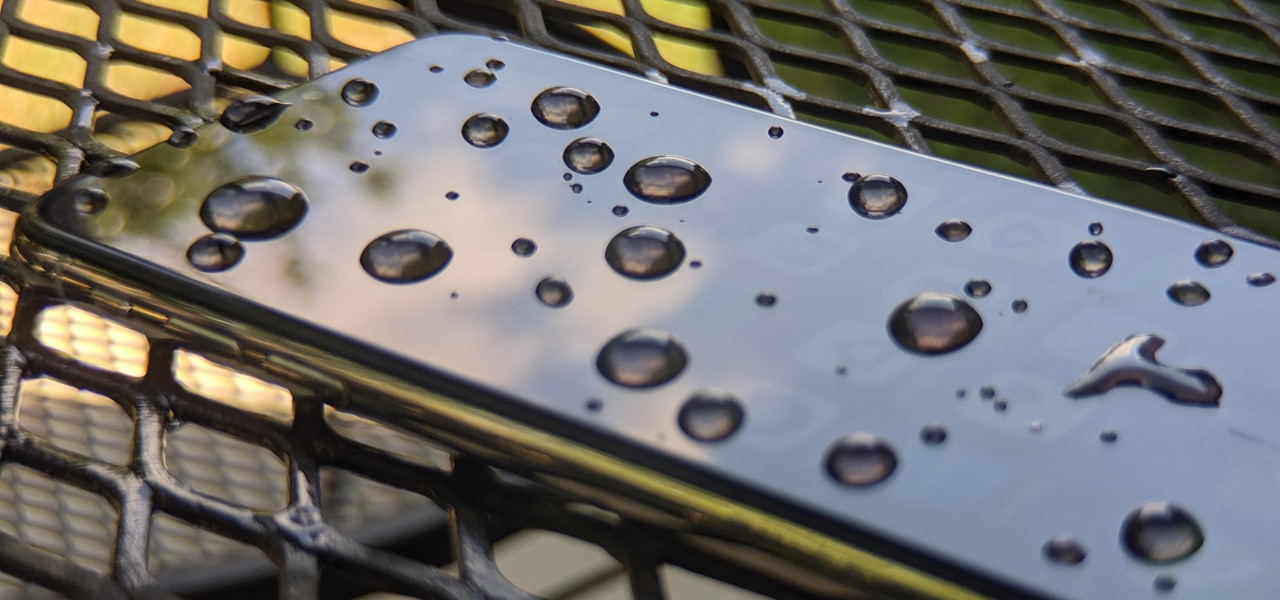


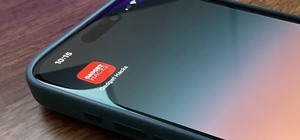
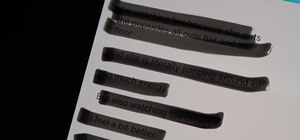
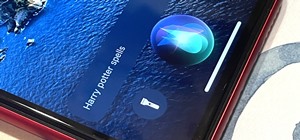
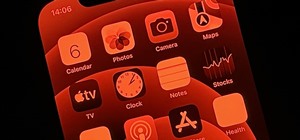
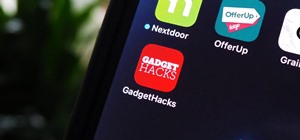
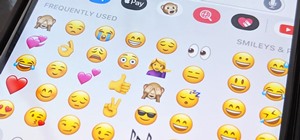
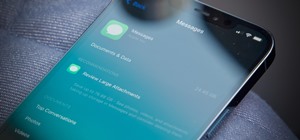
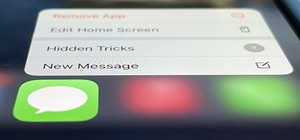
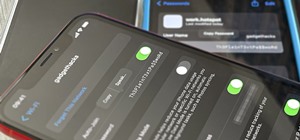
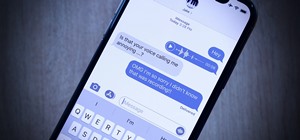
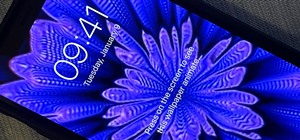
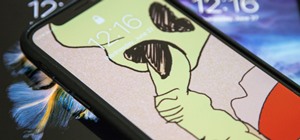
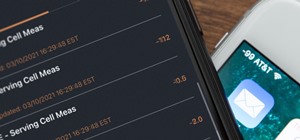
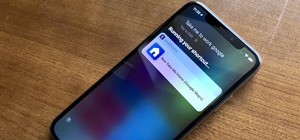
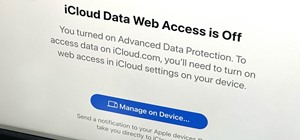
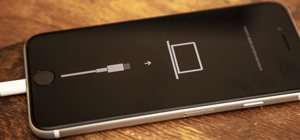
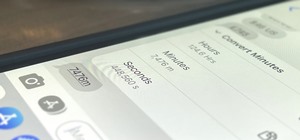
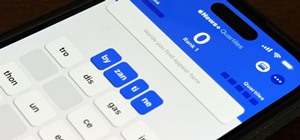
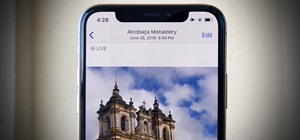

Be the First to Comment
Share Your Thoughts